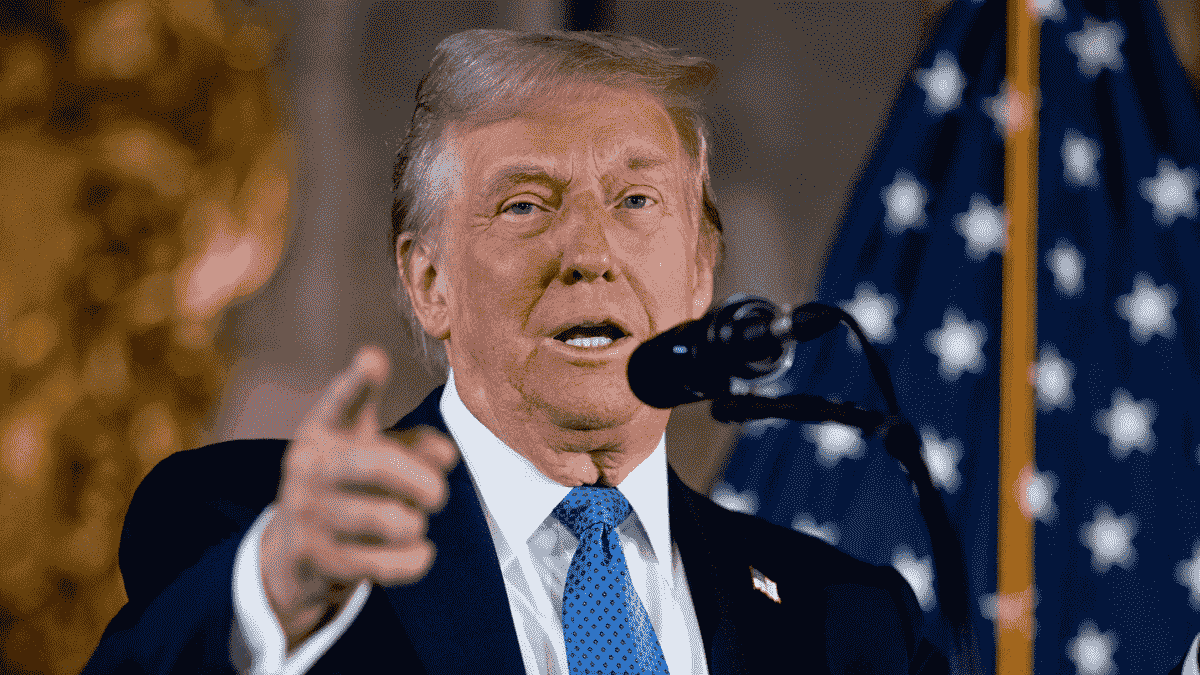In this article, you will learn about the Duties & Responsibilities of the US President. The President of the United States, also known as the Commander-in-Chief of the US Armed Forces, holds one of the most powerful positions in our country, and it’s no easy job. In addition to being our leader, this person is responsible for serving as both the head of state and head of government, taking care of foreign policy issues, and dealing with Congress on domestic matters. Read more about the duties & responsibilities of a US president below!
What Is A President?
The president and Congress are arguably two of the most important figures in our government system. These leaders represent us and make decisions on our behalf. Yet there are many misconceptions about their jobs and what they do—here’s everything you need to know about what it’s like to be president.
Qualifications To Be President
To be president, you must be at least 35 years old and have been a natural-born citizen of the United States for at least 14 years. (Also, according to Section 1 of Article II of the U.S. Constitution, no person except a natural-born citizen or someone who has been naturalized for at least 20 years can become president.) However, some states impose additional requirements like residency or actual residence within that state’s borders.
How Are Presidents Elected?
To be elected president, you must be at least 35 and have been a U.S. citizen for at least 14 years. Each state has as many electoral votes as it has senators and representatives, so smaller states have more influence in an election. To be elected, you need 270 electoral votes out of 538 (there are 100 senators and 435 representatives). Because electors generally favor their party’s nominee, most presidential elections are decided on Election Day in November.
What Are The Salary And Benefits Of A President?
The president is one of America’s highest-paid government officials. According to 2016 tax returns, Barack Obama took home $400,000 annually. For comparison, House Speaker Paul Ryan earned $223,500 and Senate Majority Leader Mitch McConnell made $193,400. The president is also entitled to health insurance paid for by US taxpayers. As commander in chief of America’s armed forces and head diplomat, he has access to numerous perks as well.
A Day In The Life Of A President
The president’s day usually begins in his or her residence, where he or she will eat breakfast and read any papers that have been brought over from their office by military aides. Next, they’ll go to their offices at around 9 am (they can be contacted there 24/7). From 10:30 am to 11:30 am they will hold cabinet meetings with senior members of government departments.
Presidential Protocol
The official job title for someone who is the head of a country, like the President of the United States, is “President.” But when we talk to or about them in everyday conversations, it’s polite to use their regular titles and names, like “Mr. Trump” for a male president or “Madam Pelosi” for a female one. It’s a way of showing respect and being polite when we address important people. So, while their official title is “President,” in everyday talk, we say things like “Mr. Trump” or “Madam Pelosi.”
Presidential Residence
The White House, 1600 Pennsylvania Avenue NW, Washington, DC 20500. Phone: 202-456-1111. Fax: 202-456-2461.
Meeting With Foreign Leaders
Before entering office, incoming presidents must meet with foreign leaders to establish relationships and discuss international issues. One year after being sworn in, each president is required to give Congress an account of all meetings they have had with foreign leaders while in office.
State Of The Union Address (SOTU)
The State of the Union is an annual message, delivered by statute by the president to a joint session of Congress. The contents of this speech are organically governed by tradition, but it is generally used to outline specific policies in addition to serving as an opportunity for self-promotion. It’s also interesting to note that only presidents give these speeches; they were invented after Woodrow Wilson and not continued once his second term ended in 1921.
Pardoning Criminals And Commutations
Although presidents cannot pardon those convicted of impeachable offenses, they can issue pardons to other individuals. A president may also offer a commutation, or shortened sentence, for prisoners who have been convicted and sentenced for a crime. The president has both constitutional and statutory authority to grant clemency, but to do so must adhere to certain protocols and limits set forth by Congress.
You may also like these:
- Powers and Functions of President of Pakistan in the Constitution 1973
- Duties and Responsibilities of Judges: What they Do All Day
- CSS Guide for Beginners for 2022
- PMS Guide: Syllabus, Paper Pattern Compulsory & Optional Subjects
- CSS Past Paper Subject Wise
- LLB Past Papers


I see no mention of protecting/promoting democracy, following the constitution and protecting the American people. I would think that would be main and most important duty and responsibility of the president.
I see no mention of protecting and following the constitution and protecting the American people. Isn’t that the most important duty/job of a US president?
The coming president Trump will have all but the Biden used these rightly. Let hope for the best.
yeah
Its wonderful to know these in simple way. Thanks!
nice one
really easy text to understand the concept. I Appreciate your work.
Thanks for your feedback.